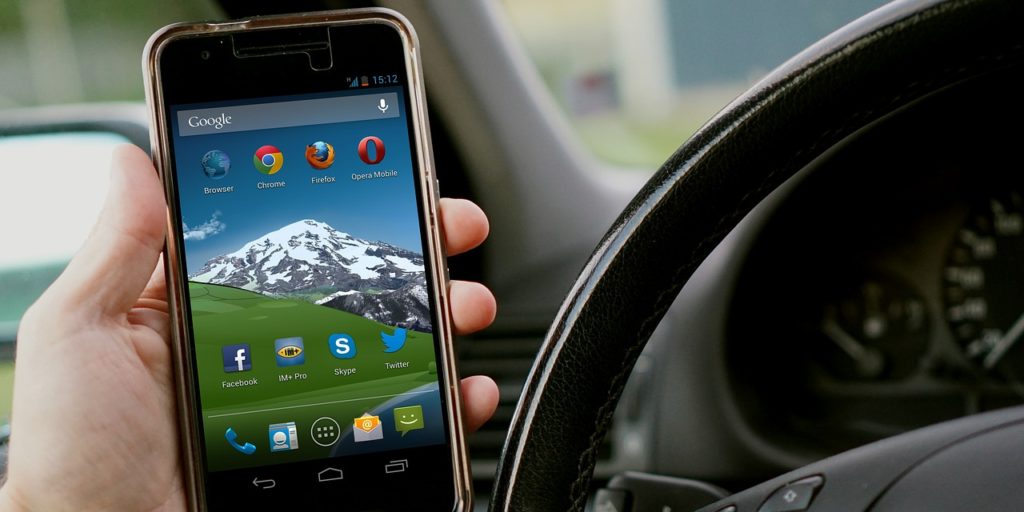- Lifetime licence bans are needed to fight drinking and driving - January 6, 2021
- Tinted windows in automobiles: are they permitted in Ontario? - August 7, 2020
- Recent cycling deaths point to a need to make roads safer - July 27, 2020
Police and crash victims should have immediate access to cellphone records in suspected distracted driving cases, says Toronto critical injury lawyer Patrick Brown.
Instead, law enforcement officials generally can’t access records unless they can demonstrate “reasonable and probable grounds” and a judge provides a warrant, says Brown, a partner with McLeish Orlando LLP.
“We all know distracted driving is on the rise,” says Brown. “As more drivers use their smartphones and other devices, it’s giving rise to many collisions. But even with distracted driving fines and penalties, if police are handcuffed on accessing phone records, the law is ineffective.”
Brown says cellphone records are difficult to obtain unless the police or another eyewitness sees the distracted driving in action.
May not be issued traffic citation
It means if someone is severely injured or killed in a crash, and distracted driving is suspected, the driver may not even be issued a traffic ticket.
“In all cases of traffic violence, automatic production of records should be granted to the victim immediately,” he says. Privacy concerns could be protected because only usage, not data content, would need to be revealed.
“All they need to know is if the phone was in use at the time of the collision. But until we get some laws that help, distracted driving is going to become an even bigger problem.”
Distracted driving is often considered as dangerous as impaired driving, but police have the ability in those cases to stop drivers and conduct breathalyzer tests, he says.
“Textalyzers” being tested in the U.S. would allow police to plug a device into a car to see if a cellphone was in use during a particular time period, according to the New York Times.
“We definitely need those,” Brown says. He says using a cellphone while driving is a “conscious intentional act that removes the driver from being aware of what’s around them.
‘Becomes a weapon’
“If a vehicle is being driven carelessly or negligently, it becomes a weapon,” he says. “If you consciously and intentionally are distracted and use a device and know you’re moving in a car, I think it should be a criminal offence.”
Brown says he can order the production of cellphone records in a civil lawsuit, but it often takes too long before an order requiring production is obtainable. In a number of cases, the victim is faced with delays by the driver and the lawyer for the insurance company representing them. Timing is crucial because the data from the cellphone provider is often destroyed, he says. Billing records remain but they only tell part of the story.
Brown says he encounters far too many horrific cases where a person has been killed or maimed by suspected distracted driving, and the driver gets away with it.
Even if they are sued, the driver’s insurance company pays out a settlement or trial award.
“The person who actually did it doesn’t pay anything,” he says. “They’re never penalized whatsoever, in any real form. It’s something that has to change.”

